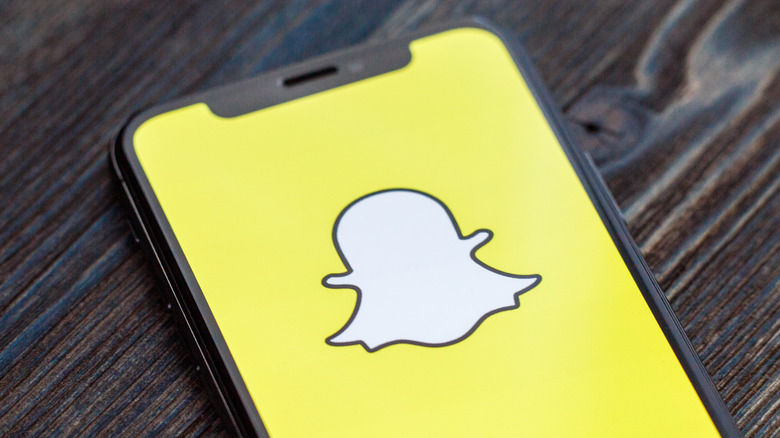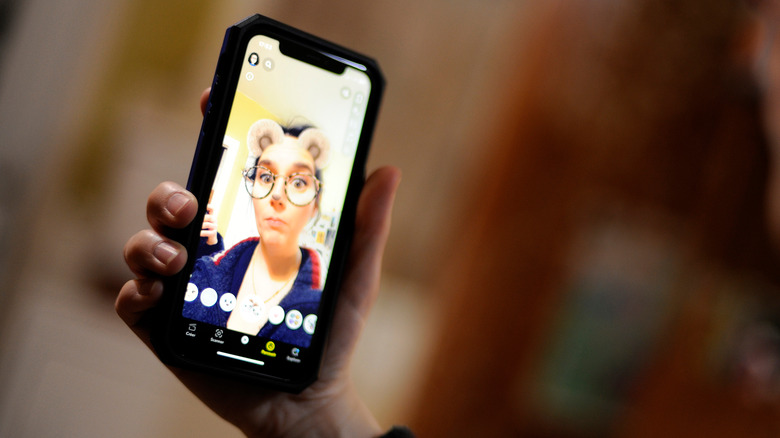Snapchat Unleashes My AI Chatbot To All Users
Snapchat has announced the global rollout of its AI chatbot, My AI. Previously, My AI was available only to paid subscribers. That bunch has already sent an impressive 2 million messages per day since its launch in February, according to Snapchat, but the floodgates are open whether or not you've opened your wallet.
Besides a much broader reach, My AI adds new features to make it more interactive and personalized. That includes the ability to personalize the chatbot with unique Bitmoji avatars, give the chatbot a name, and incorporate My AI into group chats.
You can summon the chatbot by simply @ mentioning it. It'll appear with a sparkle next to its name, and you can ask it for recommendations for places on Snap Map or ask it to suggest a Lens for your next snap. Users can also share snaps with My AI and receive chat replies. Additionally, Snapchat plans to introduce a feature allowing users to send snaps to My AI and receive unique, generative snap responses.
Snapchat says it's approaching AI responsibility
Snapchat says it's made sizable strides to tune the chatbot and ensure it's interacting appropriately. Currently, 99.5% of My AI responses conform to the platform's community guidelines, the company revealed. If you don't like one of its responses, you can tap on the message to deliver feedback to the Snapchat team.
Other efforts to improve the chatbot's safety and usefulness include implementing an age signal based on users' birthdates and adding moderation technology to assess potentially harmful content. Users misusing My AI may have their access to the chatbot temporarily restricted. To provide caregivers with more control, Snapchat plans to integrate My AI into its in-app parental tool, Family Center. This will enable parents and guardians to monitor their teens' interactions with the chatbot and track usage frequency.
Some of this may sound draconian, but part of protecting the public at large from AI is dictating how you can interact with it. Plus, big names in the industry are already calling for regulatory control after several incidents of misinformation and eerily realistic creations have duped large swaths of the general public. With how smart it's already gotten in applications that employ it, it's important for these companies to practice perfecting their approach from the start.

